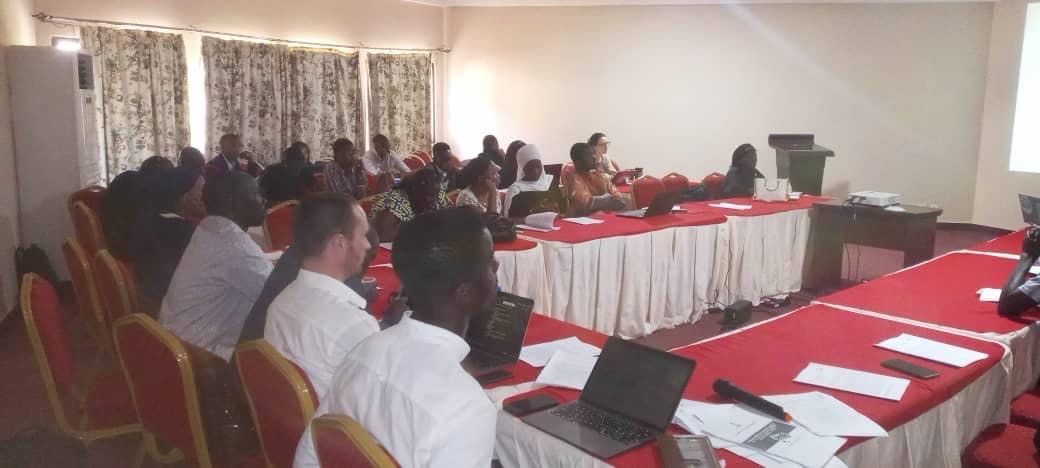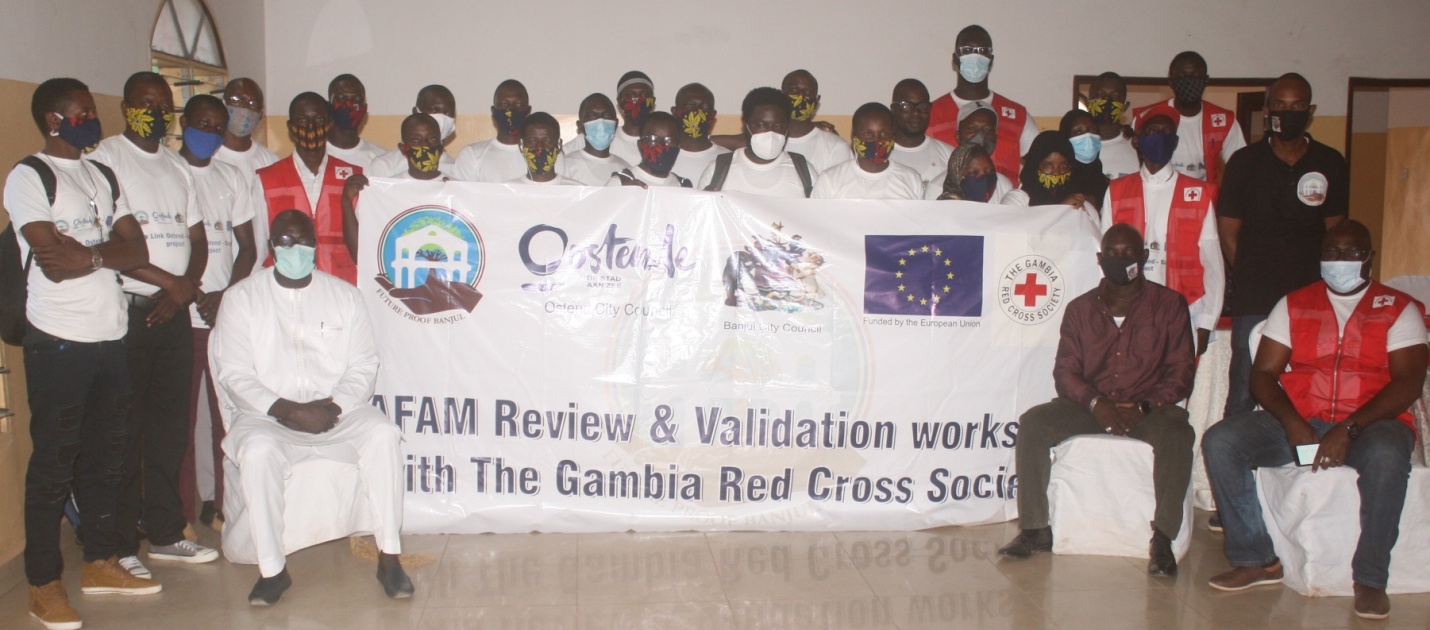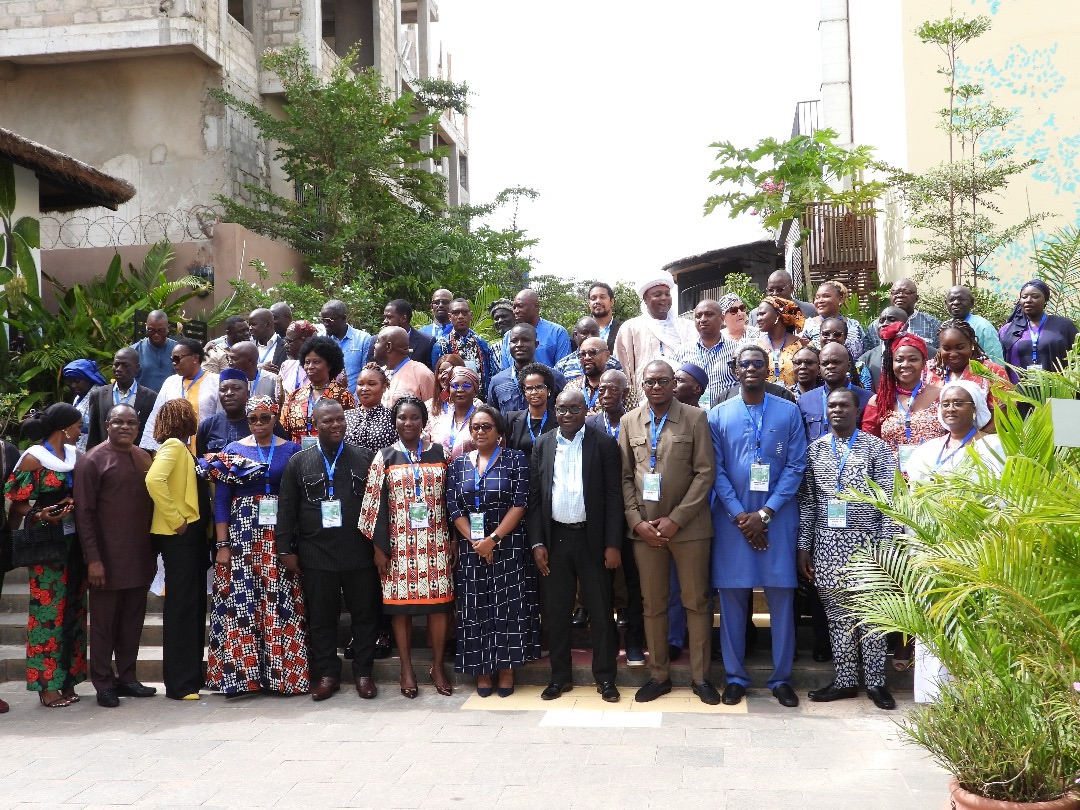By Arret Jatta
The Institute for Human Rights and Development in Africa (IHRDA), in partnership with the National Human Rights Commission (NHRC) on Thursday brainstormed with journalists and discussed a bill before Gambia’s National Assembly to reverse a groundbreaking 2015 ban on female genital mutilation (FGM).
The forum was meant to equip journalists with adequate information to amplify their voices against the repeal of FGM laws and reiterate Gambia’s commitment to the Zero Tolerance Policy on FGM, gender equality, and women’s rights, by maintaining and enforcing the provisions criminalizing the practice in the country.
Mr Abdou Malik Bello of IHRDA said that The Gambia would violate a lot of itsinternational obligations when this law is repealed.
“The Gambia has signed a lot of international treaties and laws about FGM and other Sexual and Gender based issues and if the law on FGM is repealed, there will be consequences”, he added.
Officials expect renewed calls for the Gambian government to honour its commitments and obligations under national, regional, and international law to protect and promote women’s rights.
Halimatou Jallow a senior nursing officer from the Ministry of Health said that sex and reproductive education is a topic that many Gambians shy away from and FGM is a part of sexual and reproductive health.
She added that due to a lack of sex education and awareness, a lot of people don’t know and understand their bodies well, especially women and girls because their sexual reproductive organs are hidden biologically and not visible or exposed like that of men and boys.
She further stated that most women who say they don’t see any consequences of FGM on their bodies don’t even know their bodies that well.
“Women are trained not to talk about sex and it’s even a taboo in certain societies to talk about sex, so due to this a lot of women don’t understand their bodies and anything they see in it, they think it’s natural”, she explained.
Presentations were made by IHRDA on the human rights aspects and NHRC on the impacts FGM has on women and girls and health personnel on the health aspect of FGM.





